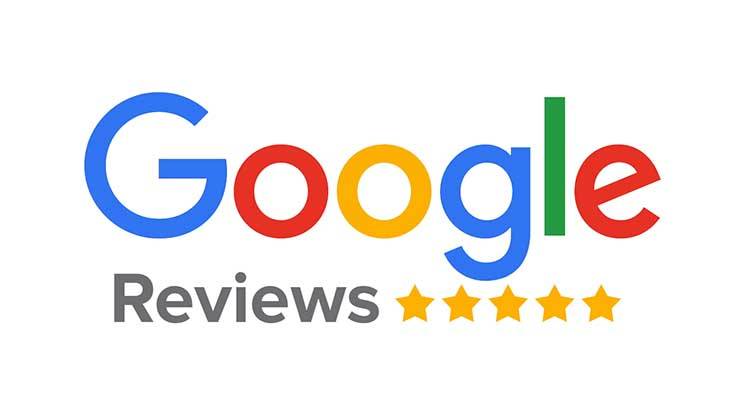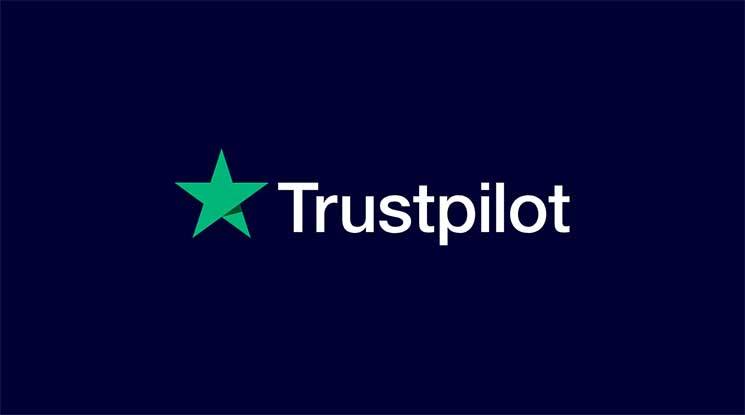THE CHEATER’S GUIDE TO
ONLINE REPUTATION MANAGEMENT
How To Protect Your Brand online
The Internet has been responsible for building careers and making fortunes for a great many people, and a lot of businesses out there owe their success almost entirely to the exposure and visibility they have achieved online.
Friendships have been forged and customers found for whatever it is that businesses have to sell. Once customers have placed their orders and voiced their satisfaction with the products and services purchased online, other potential purchasers will use those reviews as part of their own buying decision.
Reviews can impact the purchase of everything from books to hotels stays, and when it does the repercussions can be serious. Particularly when the disgruntled individual has an understanding of digital marketing tools and techniques to further put your digital reputation at risk.

Online Reputation Management
1) Negative Reviews On Websites
Most review services, such as Google’s, for example, show reviews in reverse chronological order, with the most recent review at the top. When a new review is added the others all move down a notch so an adverse review will disappear quite quickly, (be patient though, it can take a while for the list to be refreshed).
If a rating system is included, such as Google’s stars, then clearly those will continue to be affected by a bad review, even if that review has moved down the line and been replaced by positive ones. Bad Online Reviews do impact purchasing decisions on everything from books to hotels stays.
2) Negative Posts, Posts On Social Media Sites, Blogs & Forums
Whilst there is research to support the view that adverse reviews can affect a business in terms of losing sales, there is far less evidence as to the harm done by posts and comments placed on social media sites.
If you have a social media account, on Facebook for example, and someone leaves a comment that has a negative tone, or even if it is a straightforward complaint, the best thing to do is to respond to it as soon as you can and be seen to be addressing the concerns. Many organisations think of this as another channel for handling customer service issues.
Think about it – how many times have you personally been influenced by a well-handled complaint? If managed properly it can and does work very well.
3) What Can Be Done If Things Escalate Into A Full-scale War?
The problems occur when you have an irate customer who simply will not go away – even if their issue has been responded to and dealt with. We’ve seen many examples of this where the disgruntled person has gone to the trouble of setting up Facebook pages specifically to bring a business or an individual person into disrepute.
Added to the Facebook pages we’ve seen blogs being set up for the same reason and there are even special websites, such as “ripoffreport,” that have the sole objective of providing a platform for someone to make their feelings very public about another person or business that they do not like.
If you find yourself a victim of such tactics, then you probably need to consider using a professional Online Reputation Management agency. It’s important to take action quickly as this situation will get worse if it’s not tackled promptly and will only escalate.
4) What Online Reputation Management Services Can Do For Your Business?
This will vary on a case-by-case basis but the following are commonly found in most online reputation management (orm) campaigns:
– Monitoring the Internet for mentions , (good or bad), of the subject’s name, business or brand
– Responding to the above when appropriate
– Monitoring and responding to negative reviews when they happen and possibly organising the placement of some positive reviews to counteract the negative ones
– In more serious cases, creating properties for publishing positive content which is optimised around target phrases so they appear on Google and other search engines with the intent of pushing down negative listings. These properties can be blogs, microsites or “branding” sites.
Control your Brand reputation by continuing to monitor the internet for mentions, (good or bad)
5) What Can You Do Yourself if Your Reputation Is Under Threat?
To manage your reputation wherever possible you should try to respond to any adverse blog posts, social media comments or other potentially damaging activities and reviews as soon as possible. If you were at fault then it usually pays dividends to admit it and apologise, compensate or make amends where necessary.
If things get out of hand then take proper advice as soon as you can. If you think that you have a legal case, (e.g. if you feel that the comments made were untrue and have seriously damaged your business or reputation), then that may be worth pursuing legal action but be mindful of the likely costs.
Often, the only way to remove a negative comment from social media websites and other channels is to obtain a court order so unfortunately legal action cannot be avoided.
As we all know, the services of solicitors do not come cheap so you need to think hard about the real impact of the comments on your reputation or business and be sensible. Wounded pride is one thing – serious damage to your ability to trade is quite another.

6) Keep An Eye On Your “Reputation Radar”
Remember to monitor all the social channels, including Facebook, Twitter, and LinkedIn, for adverse content. A service such as “Hootsuite” is fairly cheap and can help with this by automatically scanning social media channels and blogs for mentions of your name or brand.
Think of reputation management in the same way as you would think of an injury to your body – if it is just a minor injury then you can probably deal with it yourself. If it is more serious then you need to get professional treatment quickly or it will probably get worse.
Your reputation online is valuable – especially if you need to be able to generate business via the Internet- so don’t delay, contact our online reputation management team as soon as possible, and stop things getting out of hand.
Shane McEvoy is a seasoned SEO and inbound marketing expert with nearly 30 years of experience in advertising. He established Flycast Media, a specialist B2B digital agency, and is a published author of two well-received guides while contributing to several industry publications - read his complete profile here.